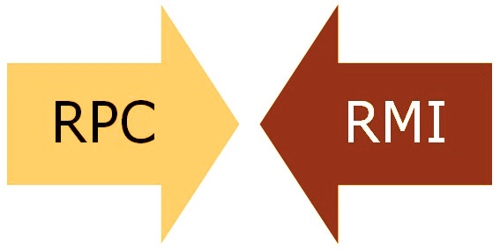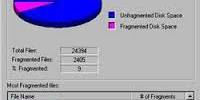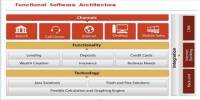RPC (Remote Procedure Call) and RMI (Remote Method Invocation) are the mechanisms that enable a client to invoke the procedure or method from the server through establishing communication between client and server. The common difference between RPC and RMI is that RPC only supports procedural programming whereas RMI supports object-oriented programming.
RMI uses an object-oriented paradigm where the user needs to know the object and the method of the object he needs to invoke. In comparison, RPC isn’t object-oriented and doesn’t deal with objects. Rather, it calls specific subroutines that are already established.
Remote Procedure Call (RPC) –
RPC (Remote Procedure Call) is a programming language feature devised for distributed computing and based on the semantics of local procedure calls. It is the most common forms of remote service and was designed as a way to abstract the procedure call mechanism to use between systems connected through a network. It is similar to the IPC mechanism where the operating system allows the processes to manage shared data and deal with an environment where different processes are executing on separate systems and necessarily require message-based communication.
Remote Method Invocation (RMI) –
RMI (Remote Method Invocation) is similar to RPC but is language-specific and a feature of java. A thread is permitted to call the method on a remote object. To maintain the transparency on the client and server-side, it implements remote objects using stubs and skeletons. The stub resides with the client and for the remote object, it behaves as a proxy.
Key Differences between RPC and RMI –
RPC and RMI both are similar but the basic difference between RPC and RMI is that RPC supports procedural programming; on the other hand, RMI supports object-oriented programming.
- RPC is a relatively old protocol that is based on the C language, thus inheriting its paradigm; it is an OS-dependent platform.
- RMI supports object-oriented programming paradigms and is java based.
- With RPC, people get a procedure call that looks pretty much like a local call.
- RMI does the very same thing; handling the complexities of passing along the invocation from the local to the remote computer.
- RPC handles the complexities involved with passing the call from the local to the remote computer.
- But instead of passing a procedural call, RMI passes a reference to the object and the method that is being called.
- The parameters passed in RPC must be “in-out” which means that the value passed to the procedure and the output value must have the same datatypes.
- In contrast, there is no compulsion of passing “in-out” parameters in RMI.
- The parameters which are passed in RPC are ordinary or normal data.
- While in RMI, objects are passed as parameters.
- RPC only supports procedural programming.
- RMI supports object-oriented programming.
- RPC does not provide any security, and its development cost is huge.
- RMI provides client-level security, and its development cost is fair or reasonable.
- There is multiple codes are needed for simple applications in RPC.
- While there is multiple codes are not needed for simple applications in RMI.
Both RPC and RMI serve the same purpose but are used in languages that support different programming paradigms, therefore have distinct features.
Information Sources:
















